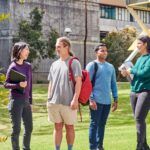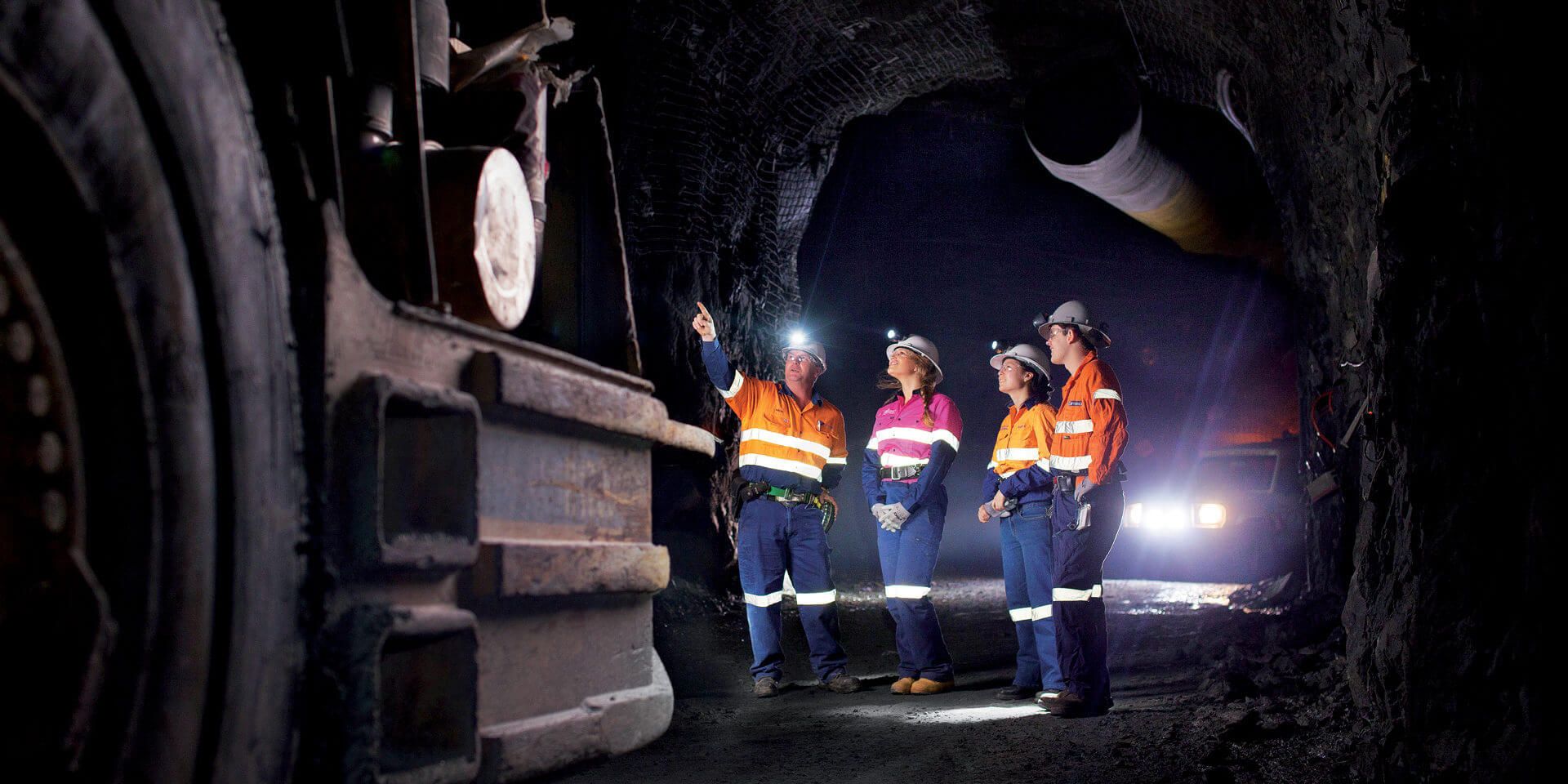Specialisations
Our Bachelor of Engineering (Honours) course gives you the flexibility to complement your major with specialisations or a minor. Each specialisation or minor comprises four units (100 credits), allowing you to tailor your studies and degree to your interests and career goals.












